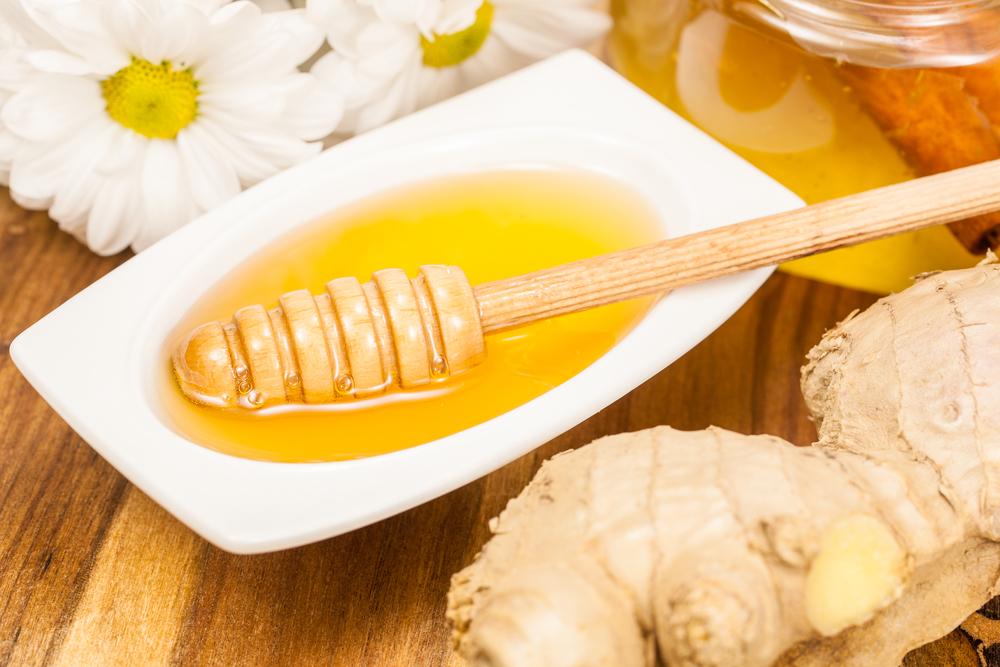
Foods to Help Prevent Asthma
Asthma is a long-term disease of the lungs, but some doctors call it a chronic respiratory disease. The airways become narrow and inflamed, creating difficult breathing conditions. Symptoms can include coughing, wheezing, chest tightness, and shortness of breath and severe cases can make physical activity daunting. Asthma is a serious and dangerous condition and without proper treatment you could end up making several trips to the emergency room. There are different types of asthma that can include occupational asthma, allergic asthma, and even exercise induced asthma.
The foods we eat can have a huge impact on our breathing. Oxygen plays an important role in your metabolism because it helps to burn the food’s nutrient molecules. Different nutrients require varying amounts of oxygen, such as carbohydrates use more oxygen while fats require less. There are even foods that can help prevent asthma from developing in the first place:
1. Vitamin D-rich foods
There is some research that suggests that people with asthma may have low vitamin D levels. Spending a few minutes outdoors can increase vitamin D levels, but there’s also delicious foods that contain the sunshine vitamin, such as milk, eggs, and fish like salmon. Unfortunately, asthma and food sensitivities go hand in hand. Having asthma can put you at an increased risk of food allergies and allergic symptoms from a food source can manifest as asthma. Asthma and allergies tend to have the same symptoms, such as coughing, wheezing, and other respiratory symptoms.
2. Beta carotene-rich foods
The most famous of the beta carotene-rich foods is carrots. Beta carotene is an antioxidant and studies show that beta carotene converts into vitamin A in the body, helping to reduce the extent of exercise-induced asthma. The pigment can also help the eyes and immune system and may reduce your chances of heart disease, cancer, and Alzheimer’s disease. There’s more than carrots though, we recommend munching on apricots, leafy greens, green peppers, and sweet potatoes.
3. Magnesium-rich foods
Studies have recently found a link between low magnesium levels and low lung flow and volume. Magnesium has been found to relax the muscles surrounding the airways, also known as the bronchi, and keeps them open. Sources of magnesium can include flax seeds, spinach, swiss chard, pumpkin seeds, dark chocolate, and salmon.
4. Vitamin A-rich foods
Seasonal allergies can cause asthma symptoms and studies have shown that children with asthma typically have lower levels of vitamin A than those without asthma. Regardless of the cause of your asthma, eating foods that are dense in vitamin A can help. Try adding carrots, sweet potatoes, cantaloupe, kale, and broccoli to your diet to take full advantage of this necessary vitamin.


